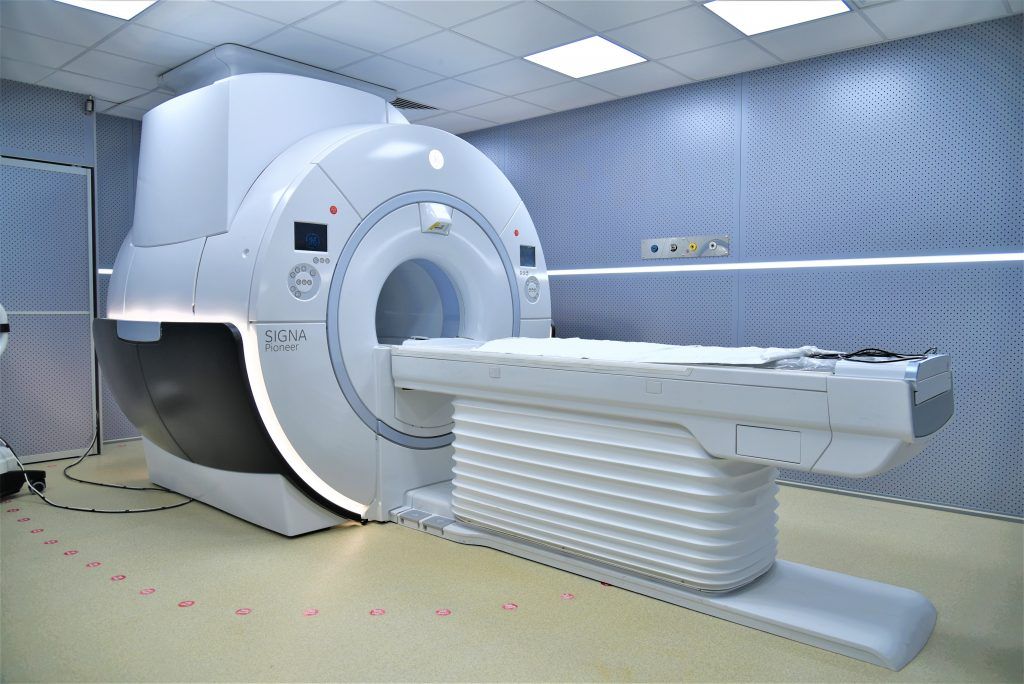In 2018, Edith Karaini’s husband visited the hospital for what he thought was a minor consultation.
“He had been complaining of sharp abdominal pain for about four months, so he went to the hospital to find out its cause and seek treatment. The last thing on our mind was a prostate cancer diagnosis,” said Karaini.
Her husband died two years after being diagnosed with cancer and after the family failed to raise the 10 million shillings ($79,000) needed for specialised treatment in India.
Karaini says by the time of her husband’s death, she had spent Ksh 15 million ($118,000) on his treatment locally.
More than the pain of his passing, the consequences of it made it even harder.
“We never saw it coming. It hit us hard, and we were ruined psychologically, economically, and socially. Cancer treatment turned us into beggars,” said the widow.
Like Karaini, many cancer patients in Kenya are struggling not only with accessing specialised treatment but also raising millions of shillings needed for such treatment abroad.
India and South Africa have become the most preferred destinations for Kenyans seeking cancer treatment.
Cancer statistics in Kenya
According to the National Cancer Institute of Kenya (NCI), cancer is the third leading cause of death in Kenya and the second leading cause of non-communicable diseases after cardiovascular diseases.
Data from NCI shows that the risk of developing cancer in Kenya before the age of 75 years is 18% among women and 14.3% among men, while the risk of dying from cancer by the same age is 12.7% in women compared with 10.3% in men.
The five common cancers in Kenya are breast, cervical, prostate, oesophageal, and colorectal.
NCI cites the high cost of cancer diagnosis and treatment and limited service availability as critical challenges facing cancer management and control in Kenya.
Huge relief
But now, cancer patients in Kenya might have a reprieve after a leading referral hospital acquired a state-of-the-art modern cancer treatment technology that seeks to cut the cost of treating the disease.
The Kenyatta University Teaching Research and Referral Hospital (KUTRRH) has installed CyberKnife’s stereotactic radiosurgery (SRS) and stereotactic body radiation therapy (SBRT) system, which enables clinicians to deliver precise, highly effective radiation treatment.
“Our focus is to ensure speedy delivery of treatment, efficiency and patient comfort,” said the hospital’s CEO, Ahmed Dagane.
The $5.3 million investment enables doctors to better diagnose and treat tumours without damaging tissue.
“It will not only cut down cancer treatment costs, but we will also provide relief to families who have had to wait for ages to access treatment,” Dagane noted.
KUTRRH management board chair, Professor Olive Mugenda, said the new technology would drastically cut the costs of accessing cancer treatment for Kenyans.
“With Cyberknife, the cost of cancer treatment has been brought down to 350,000 shillings down from the current 2 million shillings charged for similar treatment,” said Mugenda. “Kenyans need not travel abroad anymore,”
KUTRRH has set a daily target of treating ten patients to manage the vast number of patients seeking the service.
bird story agency
In 2018, Edith Karaini's husband was diagnosed with prostate cancer after visiting the hospital for abdominal pain. He died two years later due to the inability to raise the 10 million shillings required for specialized treatment in India, despite spending Ksh 15 million on local treatment. This reflects the broader struggle of cancer patients in Kenya, who face high costs and limited access to specialized care, often seeking treatment in India and South Africa.
Cancer is the third leading cause of death in Kenya, with breast, cervical, prostate, oesophageal, and colorectal cancers being the most common. The National Cancer Institute of Kenya (NCI) reports significant challenges in cancer management due to high costs and limited service availability.
A significant development is the installation of advanced cancer treatment technology at Kenyatta University Teaching Research and Referral Hospital (KUTRRH). The $5.3 million CyberKnife system offers precise and efficient radiation treatment, drastically reducing treatment costs from 2 million to 350,000 shillings. This new technology aims to ease the financial burden on families and reduce the need for patients to seek treatment abroad.
KUTRRH aims to treat ten patients daily to manage the high demand for this new service.






